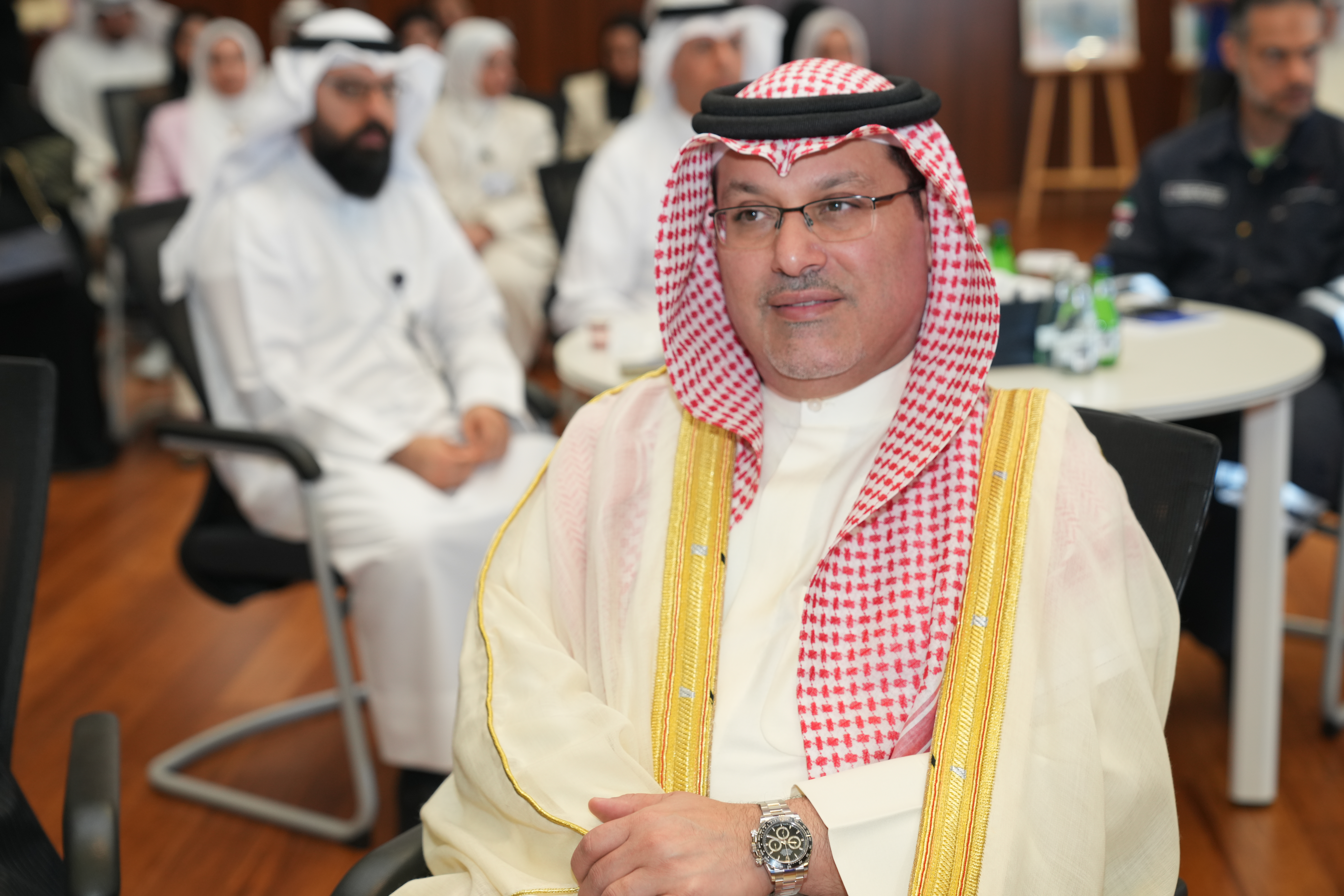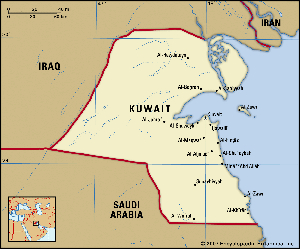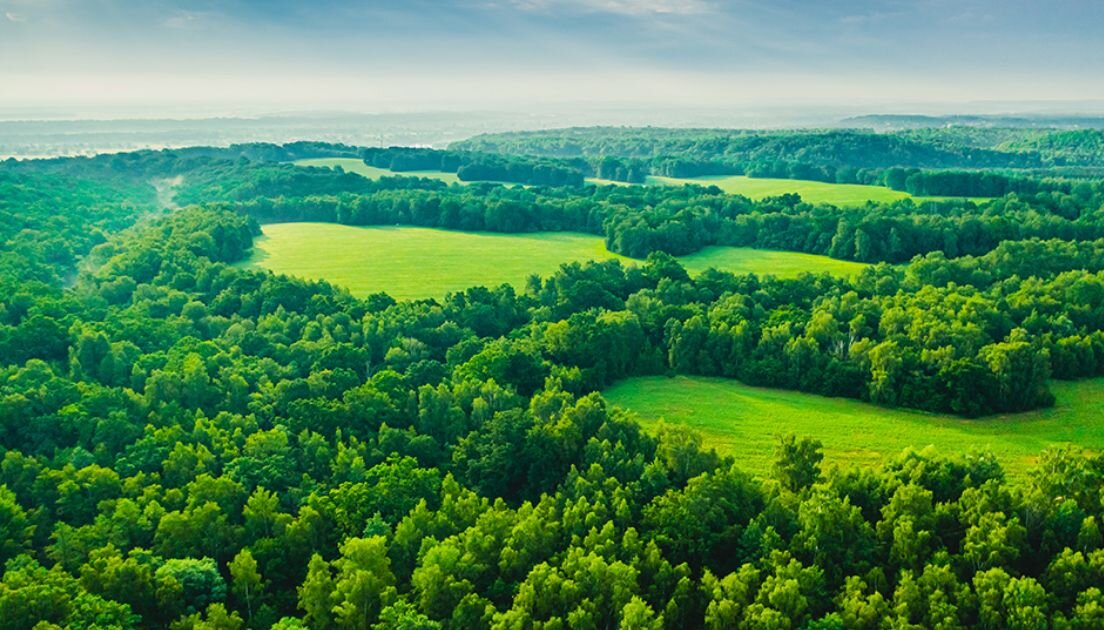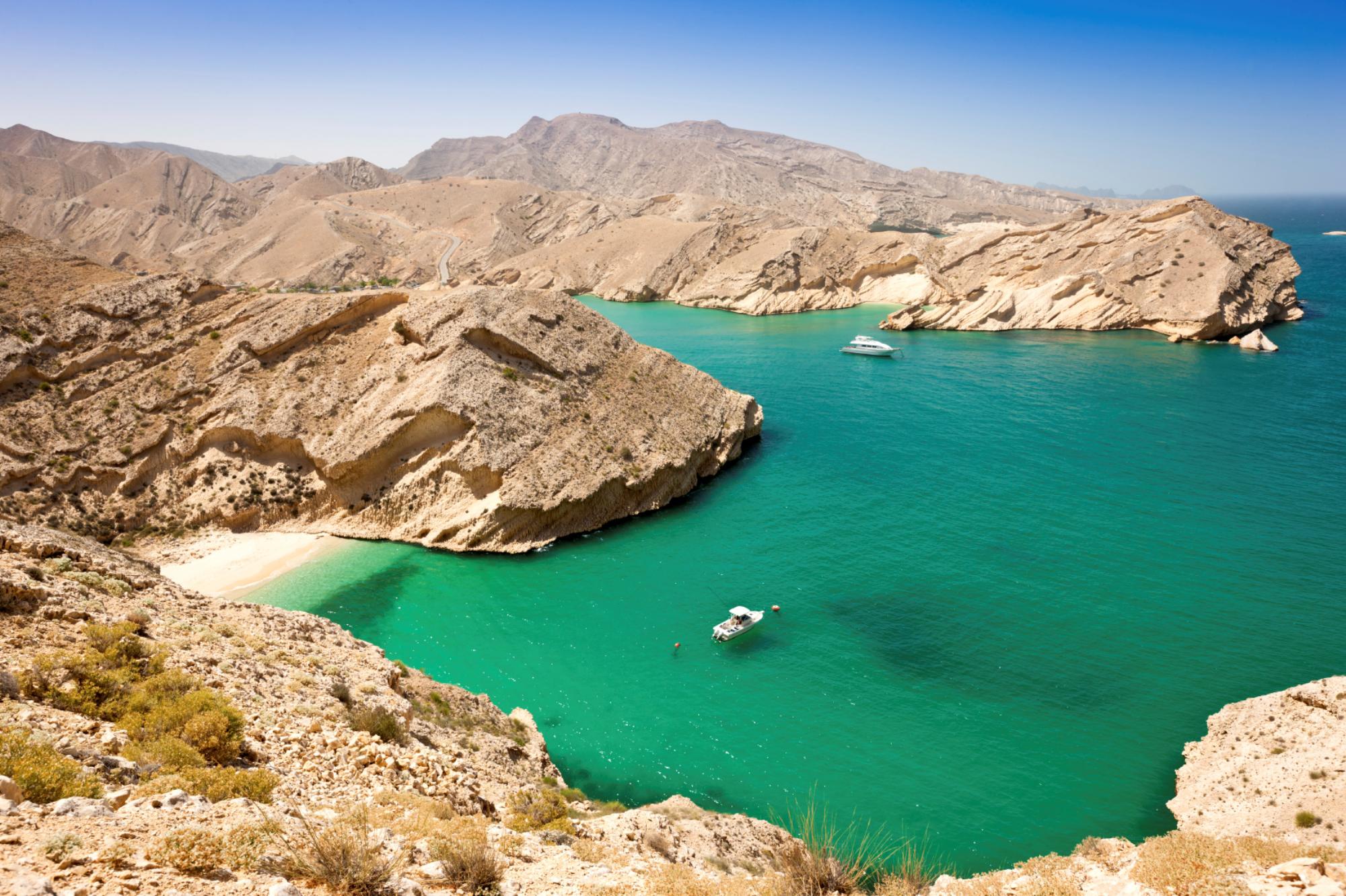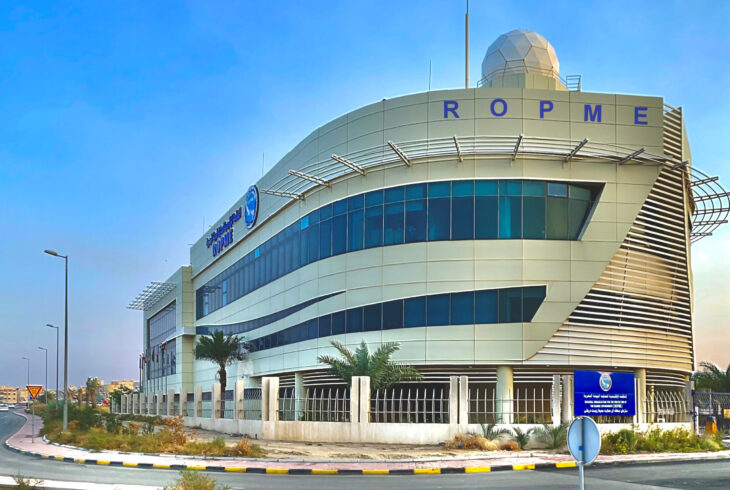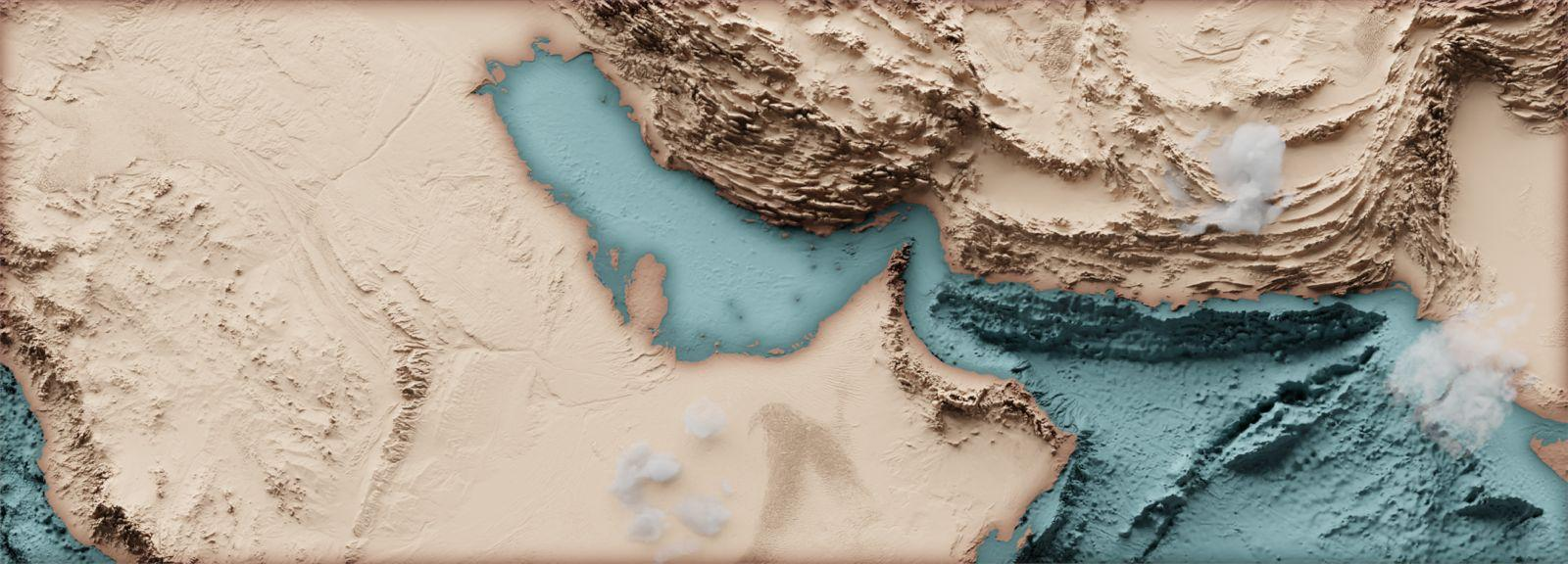Kuwait is a small but influential country located at the top of the Persian Gulf, bordered by Iraq, Saudi Arabia, and the sparkling waters of the gulf itself.
Home to a population of 4.82 million as of 2023, Kuwait stands out for its rich oil reserves—holding about 10% of the world’s supply—and its cosmopolitan culture shaped by a tapestry of communities from over 100 countries. Historically, Kuwait emerged as a trading hub due to its strategic location, connecting markets from India and Africa to the Arabian Peninsula.
Early History and Development
Human settlement in Kuwait dates back thousands of years to the Mesolithic era, with archaeological sites revealing its pivotal role in ancient maritime trade between Mesopotamia and Eastern Arabia. The modern city of Kuwait was founded at the beginning of the 18th century by families from the Aniza tribe and grew as a center for fishing, pearling, and international trade. Throughout the centuries, Kuwait maintained its autonomy despite Ottoman influence and foreign threats, with the Al-Sabah dynasty leading the nation since the 18th century.
Economic Transformation
Kuwait’s discovery of vast oil reserves dramatically transformed its economy in the 20th century. The oil boom brought prosperity and rapid urbanization, with revenues from exports funding the nation’s infrastructure, social services, and educational systems. Today, oil accounts for 95% of export earnings and 80% of government revenue, making Kuwait one of the richest countries in the region.
Culture and Society
Kuwait has long been regarded as a cultural pioneer among Gulf states, earning the nickname “Hollywood of the Gulf”. The official religion is Islam, but the nation is home to significant Christian, Hindu, and other communities, reflecting its diverse population. The government ensures universal education and high literacy rates, while the arts, theater, and popular culture continue to flourish in the nation’s urban heart.
Contemporary Kuwait
Despite challenges, including the devastating Iraqi invasion in 1990, Kuwait has rebuilt and modernized, maintaining its reputation for political stability and global impact. The country is administratively divided into six governorates, each contributing to Kuwait’s dynamic national identity and governance. Today, Kuwait stands as a beacon of economic strength, social progress, and enduring resilience in the heart of the Middle East.
